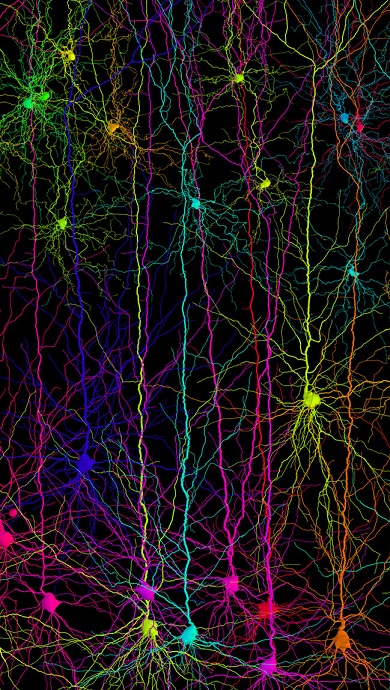Discovery prompts re-thinking of mind-power
 A new discovery has revealed the human brain has several times more processing power than ever imagined.
A new discovery has revealed the human brain has several times more processing power than ever imagined.
Scientists in the US have published a study on the new-found power of dendrites; the branch-like extensions from neurons previously thought to just carry signals.
It turns out the dendrites actually share molecular traits with axons - a separate part of the neural-network responsible for generating electrical information.
If dendrites are indeed capable of the same functions as axons, it would mean the brain can do exponentially more thinking than previously thought.
The discovery was made by researchers at the University of North Carolina, published in the latest edition of the journal Nature. The findings could fundamentally change neuroscientists’ models of the brain’s circuitry, and allow them to better understand neurological disorders.
“Imagine you're reverse engineering a piece of alien technology, and what you thought was simple wiring turns out to be transistors that compute information, that's what this finding is like... The implications are exciting to think about,” said Spencer Smith, PhD, an assistant professor at the UNC’s School of Medicine.
The discovery was made through a series of experiments that attached measuring pipettes to single neurons in a mouse brain, which could then monitor the electrical activity emanating from parts of the brain cell. A reactive dye was added to give visual feedback, and the results were astounding.
Researchers suddenly saw dendrites lighting up with electrical activity not created by any other part of the cell, showing that they were indeed doing their own processing.
Professor Smith said it was extraordinarily difficult just to set up, but the results are clear.
“Attaching the pipette to a dendrite is tremendously technically challenging,” he said.
"You can't approach the dendrite from any direction. And you can't see the dendrite. So you have to do this blind. It's like fishing if all you can see is the electrical trace of a fish... you just go for it and see if you can hit a dendrite.
“Most of the time you can't.”
But: “all the data pointed to the same conclusion... The dendrites are not passive integrators of sensory-driven input; they seem to be a computational unit as well.”
The new discovery will lead to a massive-rethink of the way the mind works. The details so far have been published online, and are accessible here.







 Print
Print